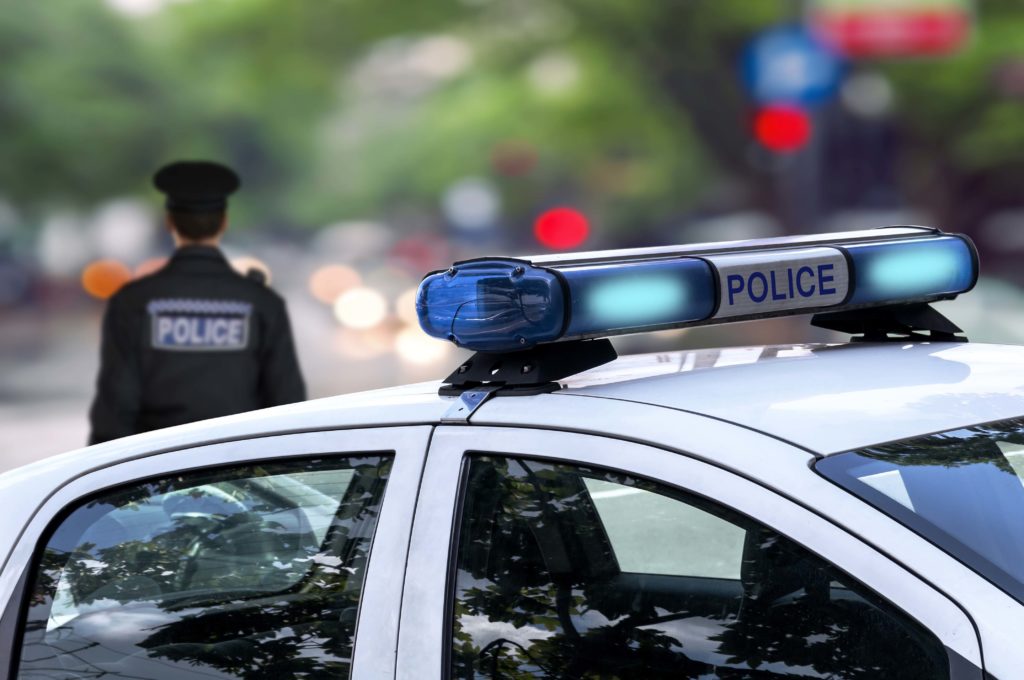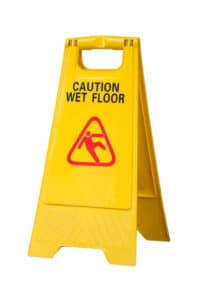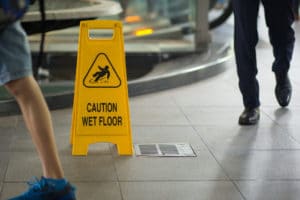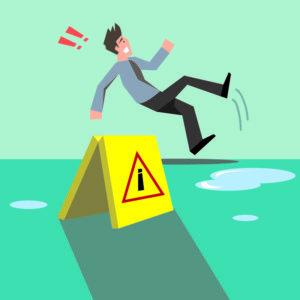Police reports are something that many people talk about. They show up on crime dramas, in murder mystery books, and on the news. But few people understand what police reports are, how they work, and how they play into car accident law. If you’re in a car accident you need to know how police reports play into the case, how to get a copy, whether they’re admissible in court, and how they can affect insurance issues.
What is a Police Report?
Before you can understand how police reports play into your car accident case, you first have to understand what they are. The first officer who arrives at the scene of your car accident will typically be the investigating officer, or the person who collects information pertinent to the accident. That officer will compile a report containing all the facts related to the vehicle accident, witness testimony, positioning of the vehicles, damage observed, and his or her opinion on the accident. That document is the police report.
How to Get a Copy of the Police Report
You have a right to a copy of any police report that involves an accident or incident of which you were a party. There are two ways of getting a copy of the police report: a paid way and a free way. The paid way requires you to contact the law enforcement office that created the report. Usually, you’ll receive a receipt from the investigating officer before you leave the scene. This slip will have the identification number of the police report associated with your accident. It will also have the name of the local law enforcement office that is in charge of your case and contact information for them. You can contact them and pay the administrative fee and they’ll mail you a copy of your report. Usually the administrative fee is around $15.
For a free copy, contact your insurance company and speak to the claims representative handling the case. If the insurance company has already requested the police report, which they likely have, you can ask them for a free copy. Insurance companies don’t always ask for police reports, but it’s worth it to ask them first as doing so can save you money.
What’s in the Report?
Investigating officers do many things at the scene of an accident. From talking to witnesses to measuring distances between cars, photographing damage to inspecting vehicles, officers have a lot to do when they arrive at an accident scene. All of those things are compiled as data, and that data becomes the police report. More specifically, a police report includes, among other things:
- Date and time of the accident
- Location of the accident
- Witness information
- Witness contact information
- Weather conditions
- Road and lighting conditions
- An accident diagram
- Any laws that were violated and the party that violated them
- Citations taken
- Officer opinions as to the cause of the accident
For all the facts that are determined in a police report (date, time, location) there are many opinions involved, as well (determination of fault). Each individual is entitled to his or her own opinion, and there’s nothing wrong or illegal about the investigating officer offering his or her opinion as to who was at fault in the accident. However, because it’s an opinion, the insurance companies will usually conduct their own investigation. There are many instances where the police report will be in your favor, but the other party’s insurance company, through their investigation, disagrees and denies your insurance claim. Because of this, it’s always advisable to contact a personal injury attorney, with help in your case. You should always contact a personal injury lawyer after an accident, but it’s particularly important to do so if the judgment of fault wasn’t in your favor.






























